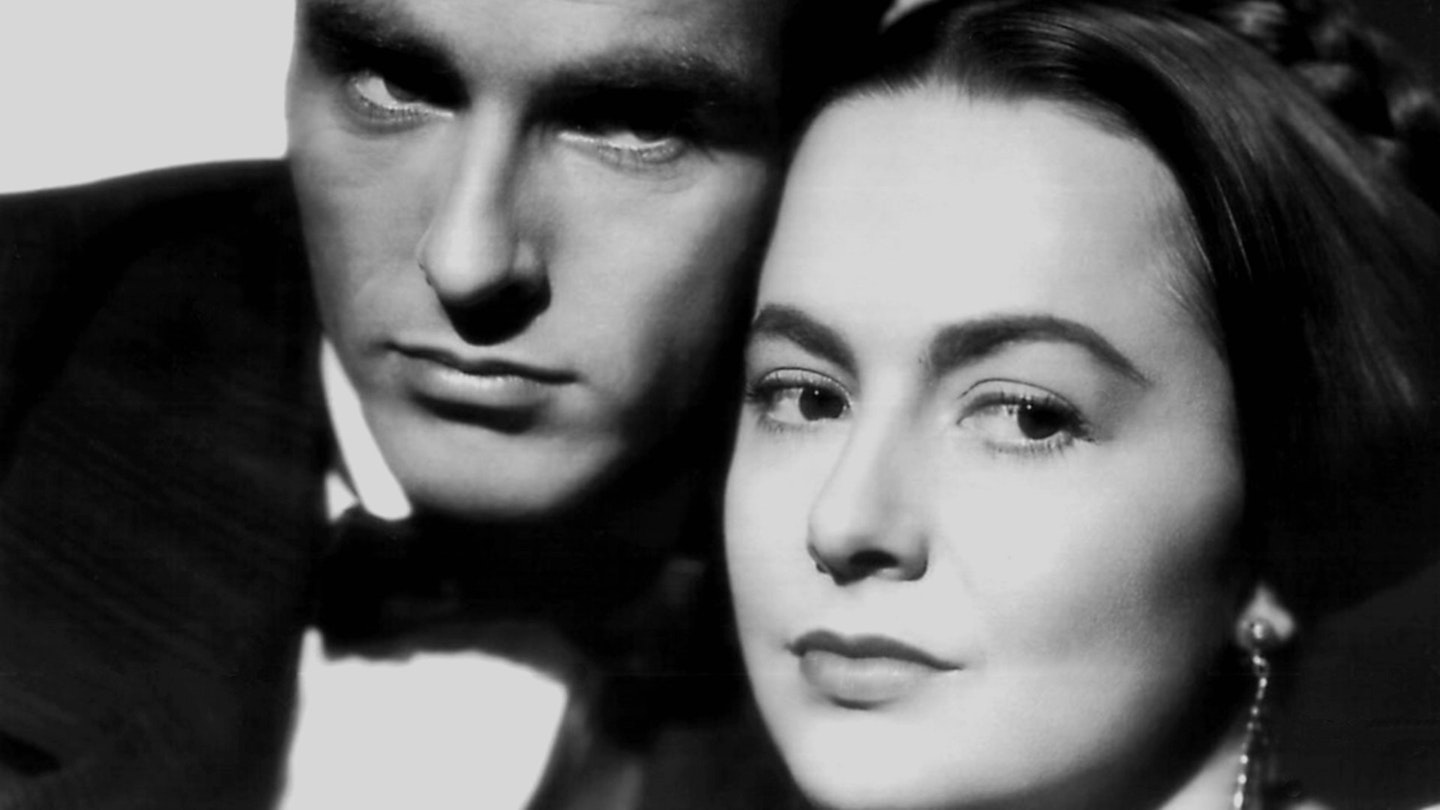Ruth and Augustus Goetz always resented the fact that everyone but them drew praise for this adaptation of Henry James's Washington Square. Yet, they devised the emotionally crackling finale that many considered the movie's masterstroke when they brought the book to Broadway in 1947. Indeed, it was the power of the play that convinced Olivia De Havilland that this study of a put-upon woman's passage from innocence to bitter experience was the logical follow-up to To Each His Own and The Snake Pit, which had confirmed her rapid transition from Warners contract star to serious actress.
She wisely selected William Wyler as her director, as even De Havilland perhaps suspected that she would not have been able to switch from trusting despair to calculated cruelty without his guidance. Moreover, she would certainly not have survived the on-set tensions without his support, as neither Ralph Richardson nor Montgomery Clift held her talent in high regard.
Richardson had already played Dr Sloper in the West End opposite Peggy Ashcroft, while Clift had been cast for his subtlety after Wyler dropped the idea of reteaming De Havilland with Errol Flynn and decided to muddy Townsend's motives for courting Catherine. But Wyler was thenceforth forced both to protect De Havilland from Clift's sneering disregard for her Hollywoodised approach to acting and to prevent Richardson from stealing scenes at will through his genius for eye-catching pieces of improvised business.
However, the fierce cast rivalries ultimately served to intensify the level of performance and while Clift occasionally slipped into modern Method mode, the standard of acting is extraordinarily high for a studio picture. De Havilland was perhaps fortunate to win her second Academy Award in such a mediocre year. But the manner in which she conveys her shifting personality through the gradual icing over of her eyes suggests that she is now wrongly overlooked as an actress of some quality.
